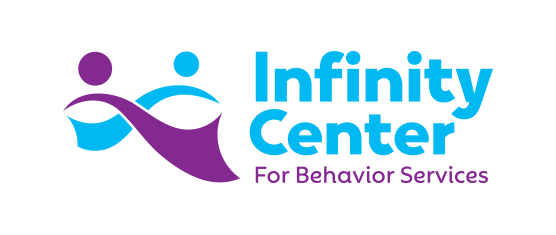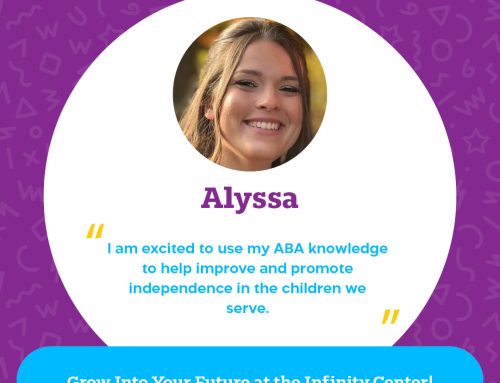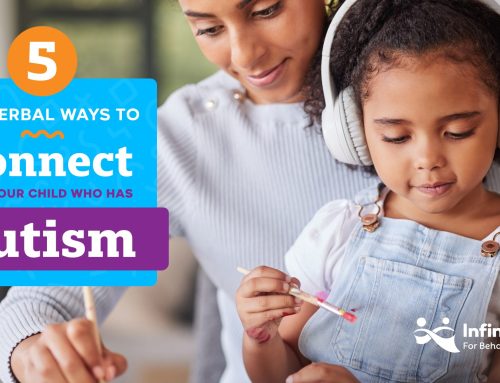ABA Moment: What is a Mand?
The Importance of Mand Training
Communication is one of the most important skills we develop as humans. In Behavior Analysis, asking for the things we want or need is called to “mand.” It is the first type of verbal behavior young children acquire. Manding is a key part of communication, which we use throughout our lives. Mand training serves as a foundation for building more complex and advanced communication skills. Additionally, mand training makes social interactions more valuable. It is essential and should be a central focus in all verbal behavior programs.
Mand Training Tips
Tip 1: Know what your child is most interested in.
Those are the mands that should be taught first. Teaching a child to mand is relatively easy because it uses the child’s own motivation as a tool and helps to develop new reinforcing items and activities which can increase a child’s play skills. For example, if I love my Hulk doll more than anything in the world, I will be highly motivated to mand for my Hulk doll.
Tip 2: Teach words for identifying items (cookie, car, block, Hulk, etc.)
Avoid teaching the words more, please, and help when starting mand training with an early learner. A child needs to be able to label many items specifically prior to teaching the generalized mands such as more or please.
If a child can’t ask for the specific item they want, but says more or please, the listener may not know exactly what the child wants more of, especially if the item is out of sight. Delays in delivering the item will decrease the child’s motivation to use their language and increase behaviors caused by frustration.
Tip 3: Manners can come later.
Asking a child to add please or thank you to the end of the request, such as “Cookie, please,” increases the difficulty of the output for an early learner and may also decrease the child’s motivation to communicate. You’re ready to move onto manners once the child can request multiple different items and activities.
Tip 4: Avoid teaching a child to just say help.
This can cause a barrier in language development. Instead, teach a child to be specific with their need, say open instead of help. Being specific will increase a child’s motivation to use their words because it improves their quality of life faster.
By Kristen Colyer, BCBA, Director of Children’s Services
We hope you enjoyed this educational blog on Mand Training in Applied Behavior Analysis. If you’re interested in receiving early intervention services, contact us at 443.300.6362 or email us at: info@infinitycenteraba.org.













